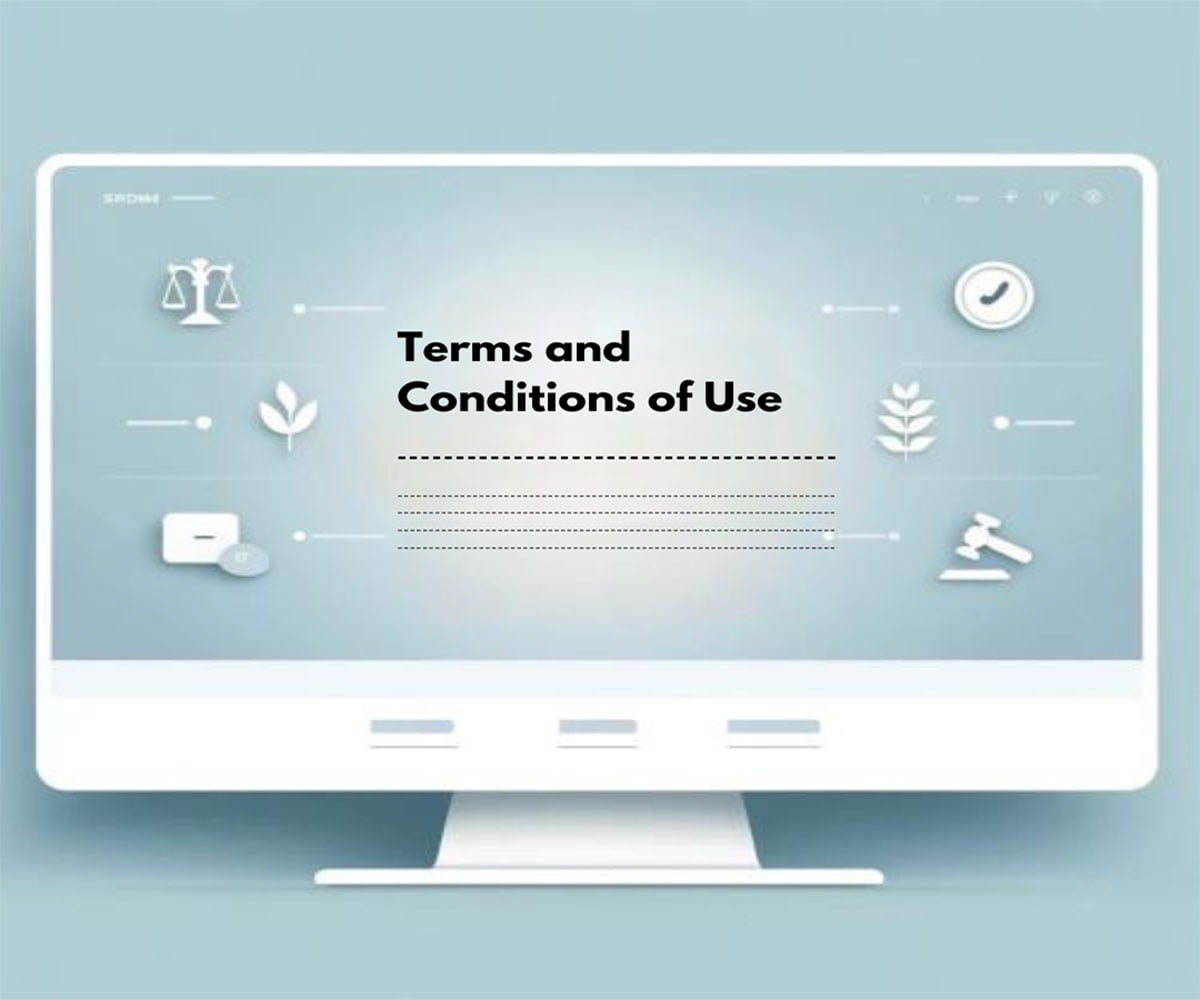Do I Need a Terms and Conditions Clause on My Website?
Do I Need a Terms and Conditions Clause on My Website? In the digital age, establishing an online presence through a website is fundamental for business growth and accessibility to your target markets. However, creating a website brings legal implications. One crucial consideration is whether you need a set of Terms and Conditions. In this piece, we’ll look at:
- Do I need terms and conditions on my website?
- How to create terms and conditions for a website
- Legal requirements for website terms and conditions
as well as other considerations facing website owners and how they interact with online visitors to their web properties.
What Are Website Terms and Conditions?
Terms and Conditions serve as rules and guidelines that visitors to your website must follow.
They are designed to protect both you and your clientele. They act as a legal agreement between you and your clients which they accept when they use your website.
Typically website terms and conditions cover matters such as behavioural restrictions, acceptable use, and liability guidelines.
How to Write Terms and Conditions
Crafting comprehensive Terms and Conditions is crucial to safeguarding your online business.
Your should terms cover various topics, such as:
- Liability Clauses: Limiting your liability for losses or damages resulting from visitor misuse of your content.
- Indemnity:Transferring risk to limit financial loss if visitors misuse your website.
- Intellectual Property Protection: Holding visitors legally responsible for the misuse of your intellectual property on the website. It is important to outline that unique, distinguishing elements of your business including logos, content and other internally produced media belongs to your business and cannot be repurposed by third parties without your consent.
- Disclaimers: Disclaimers are statements that appear on your website that limits your legal liability.
- Website Regulations: Website regulations outline regulations for proper website use. This usually means establishing what users of your website can and cannot do. For example, Terms and Conditions may outline a responsibility for people not to use your website to harass or post inappropriate content.
- Applicable Law: Specifying the laws governing the contract.
Creating a comprehensive set of Terms and Conditions involves thoroughly understanding your business, potential risks, and the nature of your online interactions. While generic templates are available, they may cover only some of your business’ unique aspects, exposing you to potential legal issues.
Do I Need to Have Terms and Conditions on My Website?
According to the Australian Consumer Law, any business with an online presence, including e-commerce websites, must have a set of terms and conditions. Failure to do so may result in fines and penalties from the Australian Competition and Consumer Commission (ACCC).
The necessity of having robust Terms and Conditions cannot be overstated. These terms act as a legal contract between your business and individuals interacting with your website. Individuals are automatically assumed to have accepted the terms and conditions outlined by choosing to visit and interact with your website.
Are Terms and Conditions Legally Binding?
Yes, Terms and Conditions create a legally binding contract between your business and individuals interacting with your website. By choosing to visit and interact with your website, individuals are automatically deemed to have accepted this contract.
This binding agreement is crucial for defining the rights and responsibilities of both parties, establishing the rules of engagement for users, and protecting your business from potential legal disputes.
Do I Need a Lawyer to Draft Terms and Conditions?
While using a basic template might be tempting, tailoring any legal document to your specific circumstances is crucial for optimal protection. Engaging with a generic template might not serve your best interests. Lord Commercial Lawyers, as expert business lawyers, can assist in creating comprehensive and tailored terms and conditions for your business.
Contact Lord Commercial Lawyers Today
Employing robust and tailored Terms and Conditions is a non-negotiable aspect of operating a website, especially for businesses engaged in e-commerce. These terms protect your business and set clear expectations for users. If you’re still asking yourself Do I Need a Terms and Conditions Clause on My Website?
– then the answer is “Yes, you certainly do”.
For assistance in drafting Terms and Conditions or more information about starting a business, contact our team of experienced commercial lawyers in Melbourne. Visit our office at Level 10, 167 Queen Street, Melbourne, or contact us at (03) 9600 0162 or via email at info@lordlaw.com.au.




















